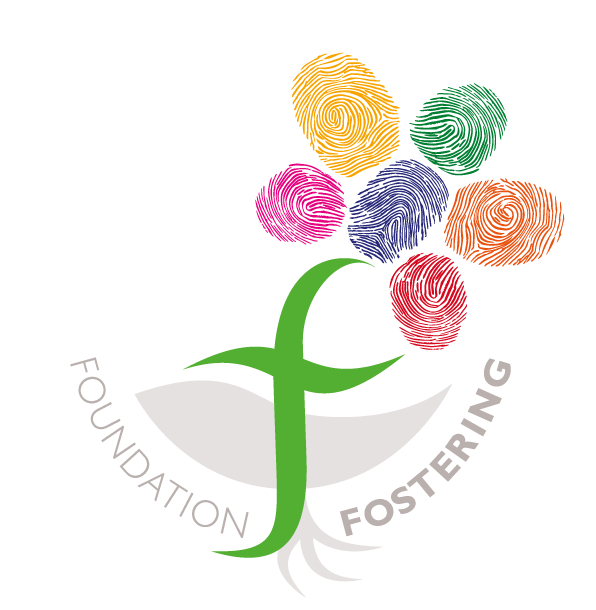CARE AND SUPPORT FROM
AN EXPERIENCED TEAM
Whilst Foundation Fostering is small, we have a well-resourced and experienced team to ensure that support is available when needed.
As well as a team of Supervising Social Workers we also have a dedicated Therapeutic Lead, Education and Wellbeing Officer and Family and Child Support Worker.
Fostering is very rewarding it is also challenging. In addition to the conventional support that every agency should offer, your Supervising Social Worker will be there for you to support you through every step of your fostering journey.
Small achievements and milestones will be recognised and celebrated.
It is important that they build a relationship with everyone in your family, so you all feel part of the community and the voice of all is listened to and heard.
We will be there for you 24/7 whenever you need us.
As well as the more formal support, we believe that more informal contact takes place, so that you have opportunity to build relationships within the community.
This is why we offer activities and family days throughout the year.

